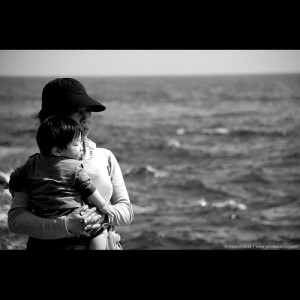
I work in a school where there is a lot of poverty and drug disease. Over the years, I have seen many children exposed to stress that is atypical of childhood. From abuse to homelessness, often these young children take on the adult roles in their families. Of course, no childhood is without some form of stress; however, researchers have discovered that psychological or social adversity during the first 10 years of life may increase future risk for disease.”
Published in the Archives of Pediatrics & Adolescent Medicine, this 32-year long longitudinal study conducted in New Zealand found, “Children exposed to adverse psychosocial experiences have enduring emotional, immune, and metabolic abnormalities that contribute to explaining their elevated risk for age-related disease.” Researchers were even able to specify what sorts of negative experiences lead to certain adult illnesses.
Children exposed to adverse psychosocial experiences were at elevated risk of depression, high inflammation levels, and clustering of metabolic risk markers. Children who had experienced socioeconomic disadvantage (incidence rate ratio, 1.89; 95% confidence interval, 1.36-2.62), maltreatment (1.81; 1.38-2.38), or social isolation (1.87; 1.38-2.51) had elevated age-related-disease risks in adulthood.
This study suggests “promotion of healthy psychosocial experiences for children” has far reaching positive outcomes beyond improving the child’s current situation and is a “potentially cost-effective target for the prevention of age-related disease”.
My own childhood was not without tension, as my parents split up several times, eventually divorced, and an abusive stepfather entered the family. I was fortunate not to experience social isolation or socioeconomic disadvantage; however, it was a difficult time in my life that I hope my children will never experience. We can’t underestimate how our childhood influences the rest of our lives.
Leave a Reply